Case Studies

New Design Brings Substantial Energy Cost Reduction at Occidental Hotel
CASE STUDY: OCCIDENTAL HOTELS & RESORT.
COMPANY
Occidental Hotels & Resorts, a pioneer in all inclusive vacation packages and resorts, operates hotels in some of the world’s most desirable tropical locations and cultural centers, including the Caribbean, Europe, Canada, Central America and the United States. Their portfolio of upscale properties is constantly improving and expanding. The hotel described in this case study was owned by Occidental in 2000, when they brought in Triton Water Technologies (HOH Canarias at the time), but currently is not an Occidental property.
CHALLENGE
In 2000, Occidental needed to reduce energy consumption at one of its premier properties in Lanzarote in the sunny Canary Islands. Fresh water in the amounts required by a resort hotel is in short supply in the Canary Islands. The resort’s existing desalination plant was power inefficient and costly to operate. Start-up energy consumption (power consumed during the first few minutes each time the equipment starts), if improperly designed and equipped, requires additional power significantly beyond the level needed for ongoing operating mode. This inefficient setup resulted in a higher power contract level and thus higher fixed energy costs. Occidental contacted Triton Water Technologies with the goal to reduce the start-up energy consumed by their plant as well as lower overall running costs by remaining under the contractual consumption limit.
SOLUTION
Triton performed an analysis of the existing plant features and water demand distribution. Triton concluded the entire plant was in need of replacement and a technological update to reduce the start-up power demand level and ongoing operating energy costs. Triton went on to design, supply and install an entire new desalination plant at the resort. The entire solution was targeted to reduce energy costs.
BENEFITS
As a result of the new plant and technology upgrade by Triton, Occidental enjoyed reduced energy costs realized in two ways:
> Plant power consumption decreased to 3,3 Kw/hour/m3 from a level of 12 Kw/hour/m3, a reduction of almost 72.5 percent
> The reduced energy requirement allowed Occidental to negotiate a more equitable power contract with the utility company, achieving a savings of approximately 5.000€ per year (starting in 2000)
Triton’s solution resulted in a short payback period of only 2.2 years.




